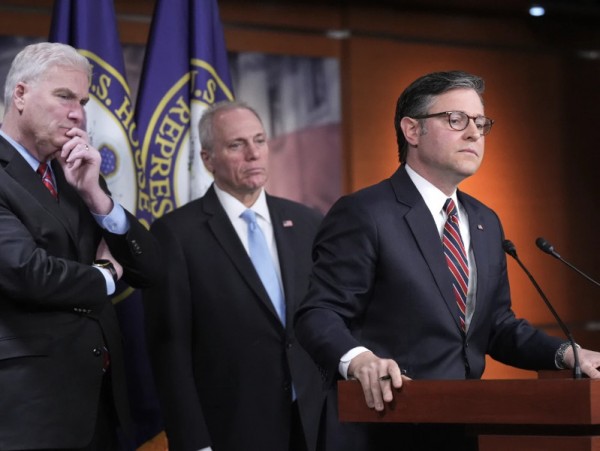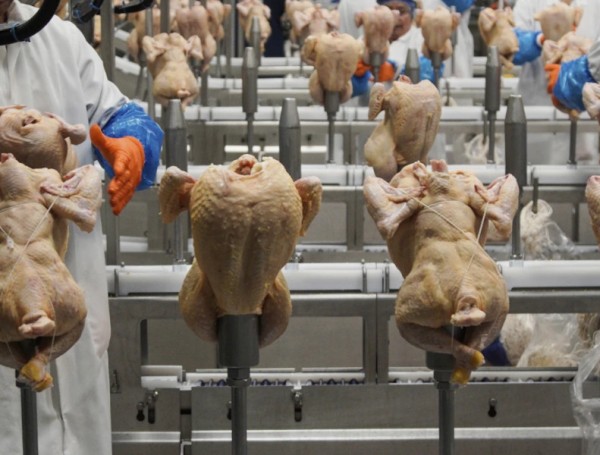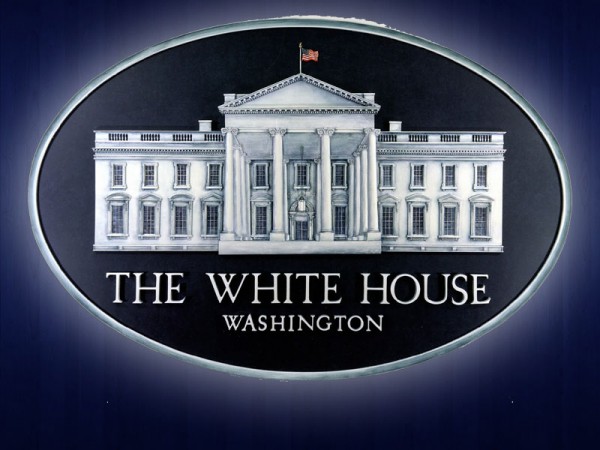NEW YORK (AP) — Good news on the U.S. economy may be no longer be good for Wall Street, and U.S. stock indexes are slipping Tuesday following better-than-expected reports on the job market and business activity.
The S&P 500 swung to a dip of 0.4% in morning trading after losing an earlier, modest gain. The Dow Jones Industrial Average was down 42 points, or 0.1%, as of 10:10 a.m. Eastern time, and the Nasdaq composite was 0.9% lower.
Stocks felt pressure from rising yields in the bond market, which jumped immediately after the release of the encouraging reports on the economy. One said U.S. employers were advertising more job openings at the end of November than economists expected. The other said businesses in the finance, retail and other services industries grew much faster in December than expected.
The strong reports are of course good news for workers looking for jobs and anyone worried about a possible recession. But Wall Street is also beginning to care a lot about how high Treasury yields go because they're knocking down stock prices. Such a solid economy could also make the Federal Reserve less likely to keep delivering the cuts to interest rates that traders love.
A Treasury bond is one of the safest investments possible, and when it pays more in interest, it can peel away investors who might otherwise buy stocks. And Treasurys are looking more attractive. The yield on a 10-year Treasury jumped to 4.68% from 4.63% shortly before the release of Tuesday's reports and from just 4.15% in early December. That's a big move for the bond market.
Higher Treasury yields also make it more expensive for everyone to borrow, from huge multinational corporations to homebuyers looking for a mortgage.
Treasury yields have been rising in part because the U.S. economy has remained so solid and defied predictions for a recession after the Federal Reserve jacked up short-term rates in recent years to get inflation under control. The hope was that the economy would get relief from the Fed after it began cutting short-term rates in September.
But the Fed has recently said it may cut its main interest rate fewer times in 2025 than it earlier thought. Inflation has eased from its peak above 2%, but it's been stubbornly remaining just above the Fed’s 2% target. The threat of tariffs and other policies from President-elect Donald Trump has raised worries about possible put upward pressure on inflation, which has
Helping to keep U.S. stock indexes in check was Cintas, which rose 3.1% after making public its offer to buy its smaller rival, UniFirst, for $275 per share in cash.
Cintas said it first made that offer in November but has been unable to get UniFirst’s board to meet. UniFirst had rejected an earlier offer of $255 per share, said Cintas, which provides uniforms, restroom supplies, fire extinguishers and other products to businesses.
UniFirst soared 27.7% to $216.26, below Cintas’ offer price.
Elsewhere on Wall Street, both Shutterstock and Getty both soared after they announced they were joining to become a $3.7 billion visual content company to provide customers with a broader array still imagery, video, music, 3D and other media.
Getty Images shareholders will own a slight majority of the combined company. Getty shares jumped 25.6%, while Shutterstock climbed 21.5%.
In stock markets abroad, some notable Chinese companies fell after the U.S. Defense Department added dozens of them to a list of companies it says have ties to China’s military. The announcement caused some of the companies to protest and say they will seek to have the decision reversed.
Added to the list were gaming and technology company Tencent, artificial intelligence firm SenseTime and the world’s biggest battery maker CATL. Tencent’s stock that trades in Hong Kong fell 7.3%.
That helped pull the Hang Seng index down 1.2%, but indexes were stronger elsewhere in China and across much of Asia and Europe.
___
AP Business Writers Yuri Kageyama and Matt Ott contributed.


















